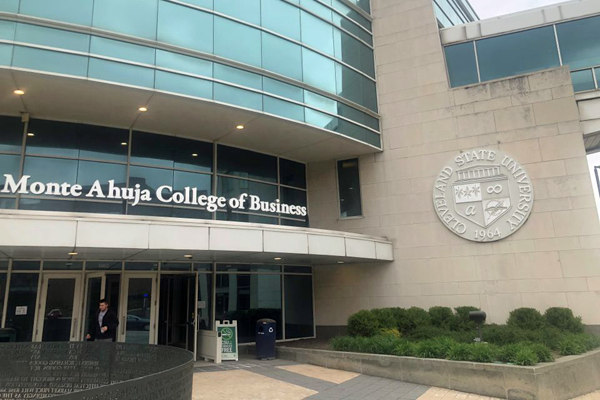
Excerpt from Cleveland.com
Cleveland State University volunteered this week to be the next higher-education institution to undergo a state performance audit to identify ways to increase efficiency and save money.
But the soonest the Ohio Auditor’s Office could get started at CSU, or any other school, would be 2020 because state law limits such audits to one every two years.
Auditor Keith Faber wants that law changed. And a bill introduced in the state Senate last month would do just that, doing away with any limits on performance audits of public colleges or universities.
“If you leave the cap on, it would take me 72 years to get through every state institution,” Faber said in an interview this week with cleveland.com.
Faber claims the limit was most likely placed in the 2016 law so the state could treat the first audit as a “pilot program.” Ohio State University was the first university to volunteer, and was audited in 2017.
That audit found that OSU administrators could potentially save up to $6.5 million by organizing printers, moving computers to data centers and adopting consistent hiring and finance processes. The audit cost about $300,000.
Faber views Senate Bill 120 as crucial to his office being able to continue to work with universities to be more efficient. He said many of Ohio’s higher education institutions are interested in this kind of audit. Just because CSU volunteered doesn’t mean it will be selected.
Most likely the next one would be a four-year institution, but the auditor’s office would also look at neighboring two-year institutions to see how the colleges could work together and share services.
The auditor’s office also performs financial compliance audits, which are yearly. When asked why the office would not prioritize an institution with history of recent fiscal distress, such as Wright State University, Faber said the auditor’s office already works with troubled colleges.

